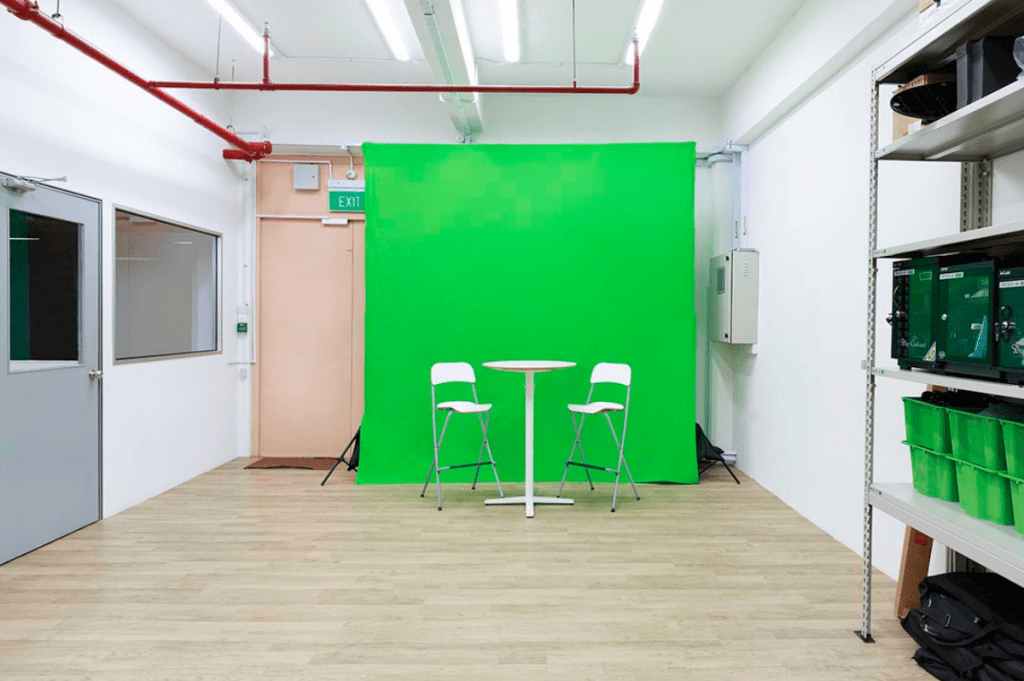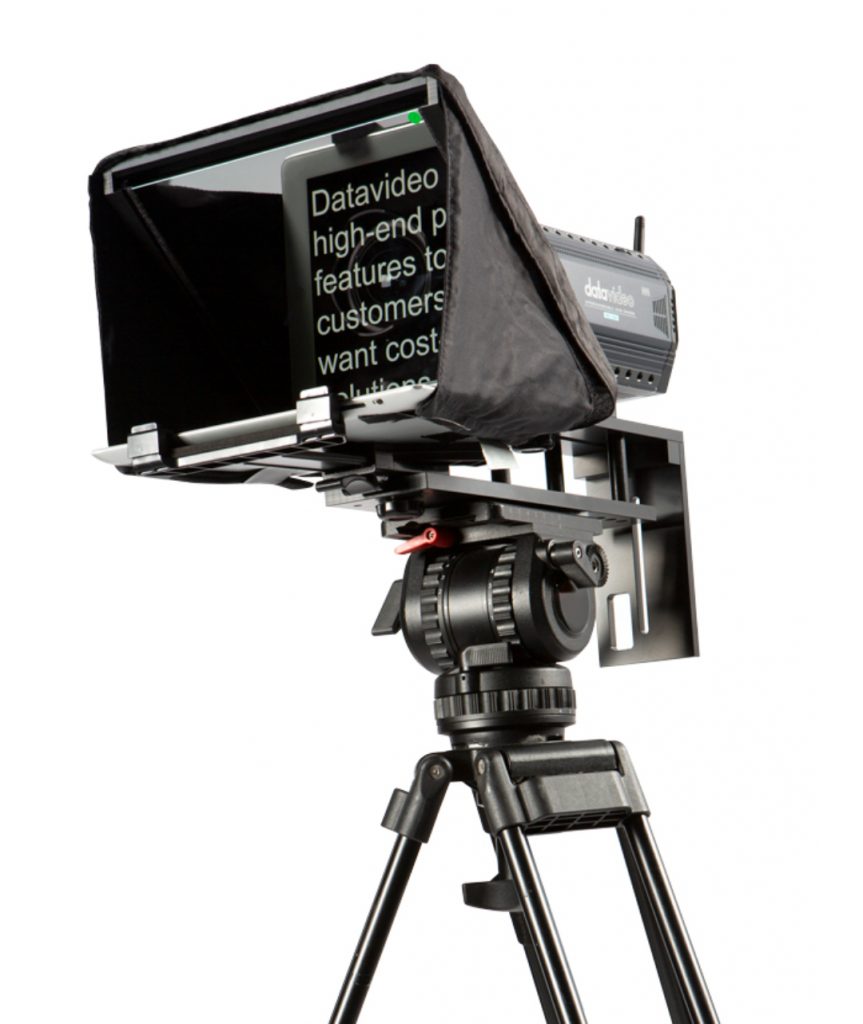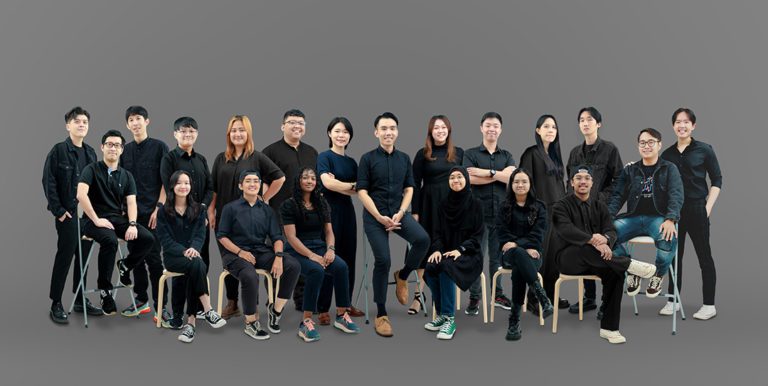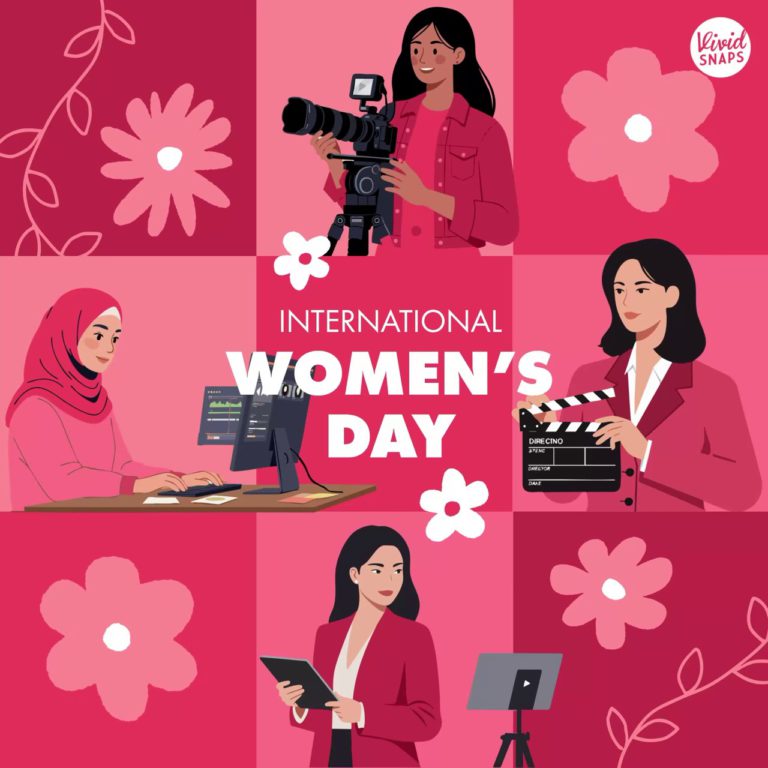If you have never engaged a professional corporate videographer, sending in an email to enquire about their services can be a very daunting process. What can you expect from a professional videography service provider when you send in your enquiry?
Here are 9 areas that you should consider before working with a professional corporate videography service provider for your next corporate video.
Table of Contents:
- Corporate Videography vs Event Videography
- Tips for Engaging A Corporate Videographer
- #1: What type of corporate video do you need?
- #2: Do you already have a video concept in mind?
- #3: How long is the final video going to be?
- #4: Where do you intend to shoot?
- #5: Will you have talents in your video?
- #6: Do you have filming dates in mind?
- #7: Are there any media assets that need to be used in the video?
- #8: Do you need to add subtitles to your video?
- #9: When do you need the final edited video?
- Hiring Corporate Videographer In Singapore
Corporate Videography vs Event Videography
Before you seek out a professional videography service, be sure of the type of video that you need to shoot. Do you need a corporate video, which is about your business and branding, or do you need an event video, which focuses on the event itself?
Both types of videography have their own filming style and filming set up. The videographer will also make very different filming decisions for both types of videos. If you are looking for a professional to shoot your event video, we have some tips on hiring an event videographer.
Tips for Engaging A Corporate Videographer
#1: What type of corporate video do you need?
There are many types of corporate videos that serve a variety of business needs. Some types include:
- Corporate Interview Video
- Corporate Speech Video
- CEO Announcement Video
- Corporate Documentary Video
- Employee Feature Video
- Troubleshooting Video
- Employee On-boarding Video
- FAQ Video
- Corporate Public Relations Video
- Customer Testimonial Video
- Recruitment Video
- Product Video
Understanding what type of video you need makes it easier for you to communicate your video requirements to your professional videographer. This makes the video planning process much more straightforward for you and the videographer.
#2: Do you already have a video concept in mind?
If you have a video concept in mind, the videographer can jump straight to planning the different shots and arranging the actual filming schedule.
If you do not have a video concept in mind, fret not as our team is able to provide storyboarding and video conceptualisation services to our clients.
Additionally, having a reference video for the videographer helps them to have a clearer and more straightforward understanding of your video concept.
#3: How long is the final video going to be?
In today’s context, many businesses are keeping their corporate videos as short as possible. Videos meant for Instagram are usually kept under 1 minute, while videos for most other social media platforms are kept within 3 minutes to prevent viewers from dropping off.
If your video is used for a presentation, we would recommend that your video be less than 3 minutes long so that it is succinct enough to get your message across.
The final video length also helps the videographer have a good gauge of how much footage they should film.
#4: Where do you intend to shoot?
There are several considerations when choosing a suitable filming location for your video:
- Is the location adequately lit? Additional lights may have to be used if the location is too dark or the lighting is not suitable for the shoot.
- Is the location quiet enough for the shoot? This is especially important if there will be an interview or speech segment in the video.
- Is the shoot indoor or outdoor? For most outdoor shoots, we will have to plan for 2 time slots or have a separate wet weather plan in case of rain during the actual shoot day.
- Is the backdrop suitable for your video? The backdrop should complement the look and feel of your video. For example, a CEO’s announcement video could be filmed at the office, next to a wall with the company’s logo.
Prior to the shoot, the videographer will make a trip down to the location for a site recce. This helps them to visualise the shots that they want to film, and how they will set up their equipment on filming day.
Most businesses usually film their corporate videos in their office space. Alternatively, you can consider using a green screen backdrop instead. We have a green screen backdrop for 2 pax which we can either set up in our own office studio or set up at the convenience of your office space.
At Vivid Snaps, we offer our studio which can comfortably fit 2-3 pax on screen. This is a complementary service for clients who engage our video production services.

#5: Will you have talents in your video?
Talents refer to any human subjects who will be filmed, whether it is an important person in your company who will be interviewed or a character in your brand story video.
The videographer may have to use additional equipment for the shoot if there are talents involved, including:
- Additional lighting for the talents to help them stand out from the background.
- Mics, if they need to be talking on camera. Talents can use either a clip-on lapel mic or a handheld zoom mic.
- Teleprompter for the talents to read off a long script while looking into the camera.
Do inform the videographer how many talents there will be so that we can ensure that we have enough equipment for the shoot day.

#6: Do you have filming dates in mind?
Any professional videographer probably has their schedule packed to the brim with client assignments. We would advise setting your filming dates before engaging the videographer so that the videographer is able to accommodate your video shoot.
Additionally, you would have a better understanding of your talents schedule than the videographer, making it easier to set dates which can accommodate their schedule.
#7: Are there any media assets that need to be used in the video?
Perhaps your company has intro and outro used in all of your marketing videos. Or perhaps you want your company’s logo on the top right hand corner throughout the entire video.
If you have media assets like these which need to go into the video, do send them to the videographer for the editing process.
#8: Do you need to add subtitles to your video?
Subtitles are a way to add value to your video content. Not only do they boost your SEOs if you upload your video online, they also make the video more accessible for audiences who are deaf or hard of hearing, not fluent in the speaker’s language, or not able to understand the speaker’s accent.
We provide subtitling services for our clients as well, if needed.
#9: When do you need the final edited video?
Lastly, we recommend setting a deadline for the final edited video to allow the videographer to plan their schedule accordingly.
With the end date in mind, the videographer can dedicate a suitable amount of time for the planning and conceptualisation, filming and the editing stages.
Hiring Corporate Videographer In Singapore
We hope that this article has provided you more insights on engaging a corporate videographer in Singapore.
When shooting a corporate video, it is best to be sure of why you need to shoot the video and how you want this video to support your business needs.
If you would like to engage a professional corporate videographer, drop our project coordinators a message today and we will get back to you.








1 Comment
Comments are closed.